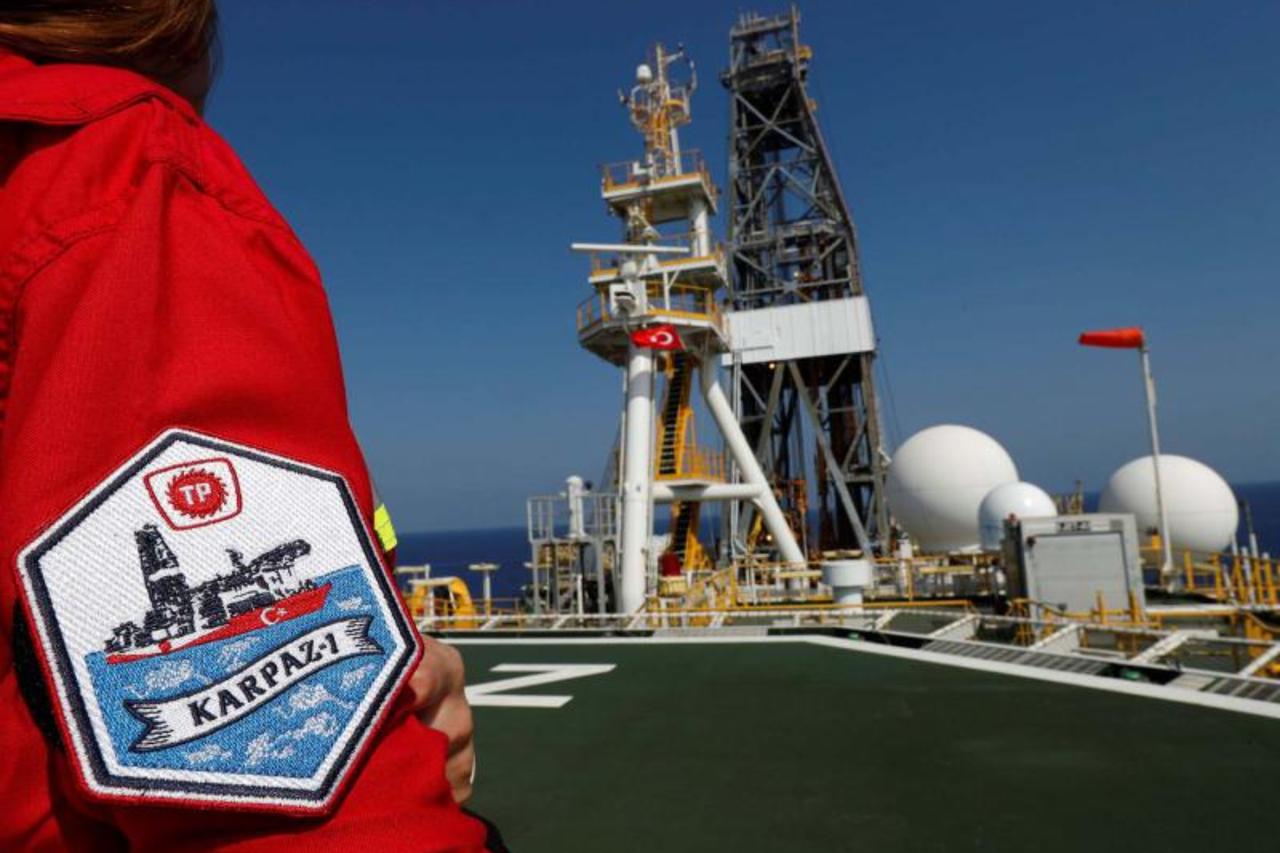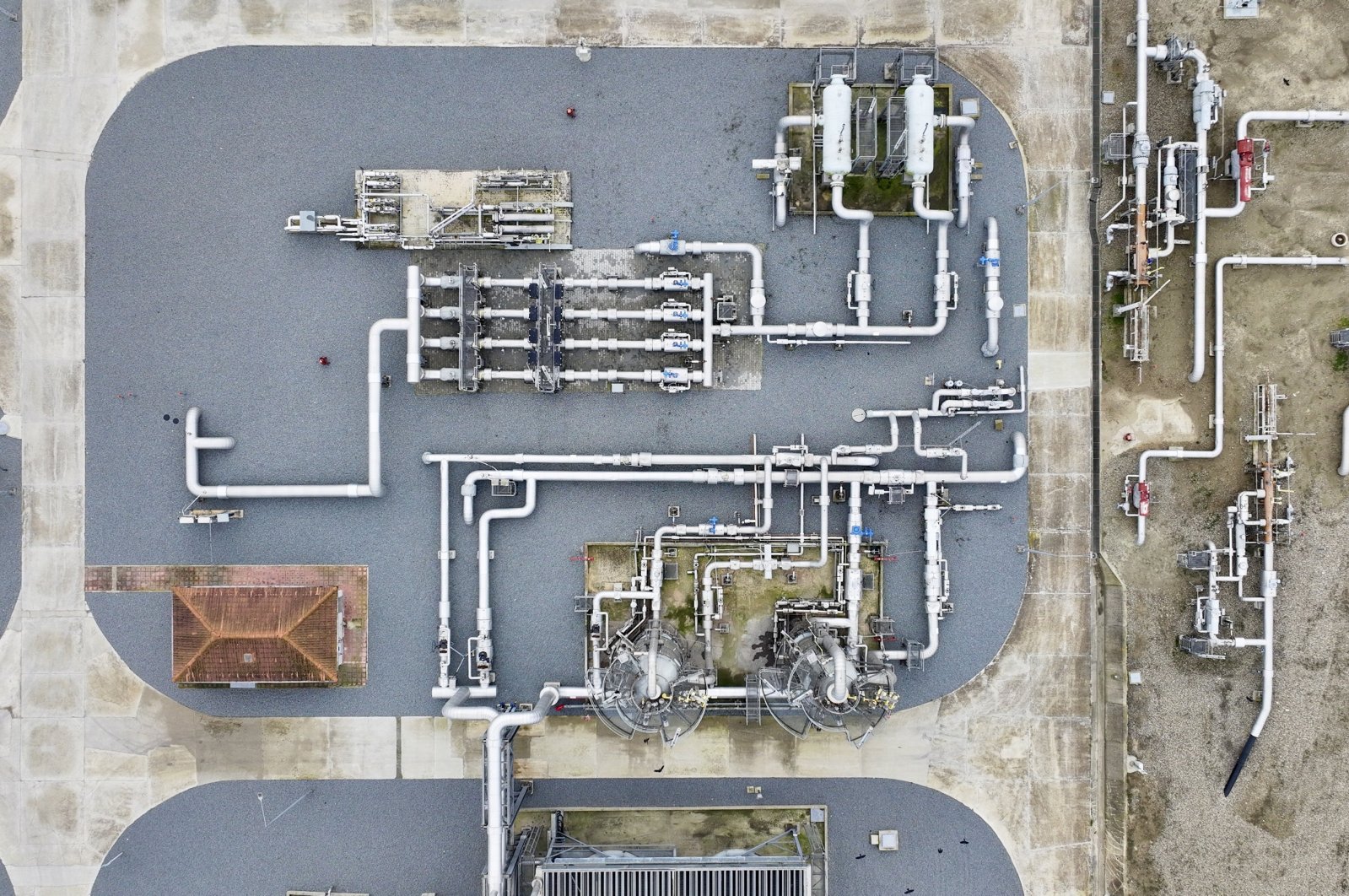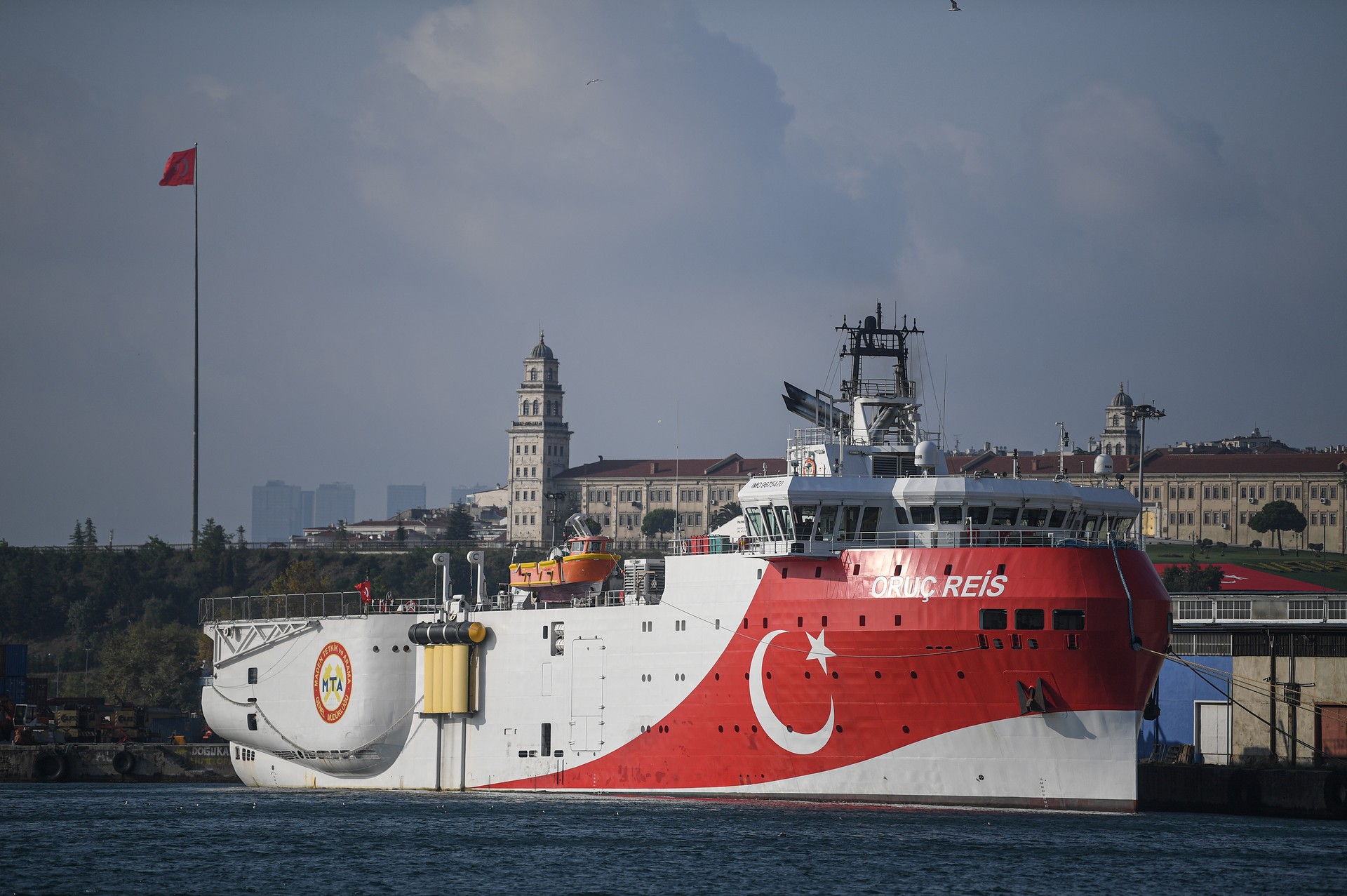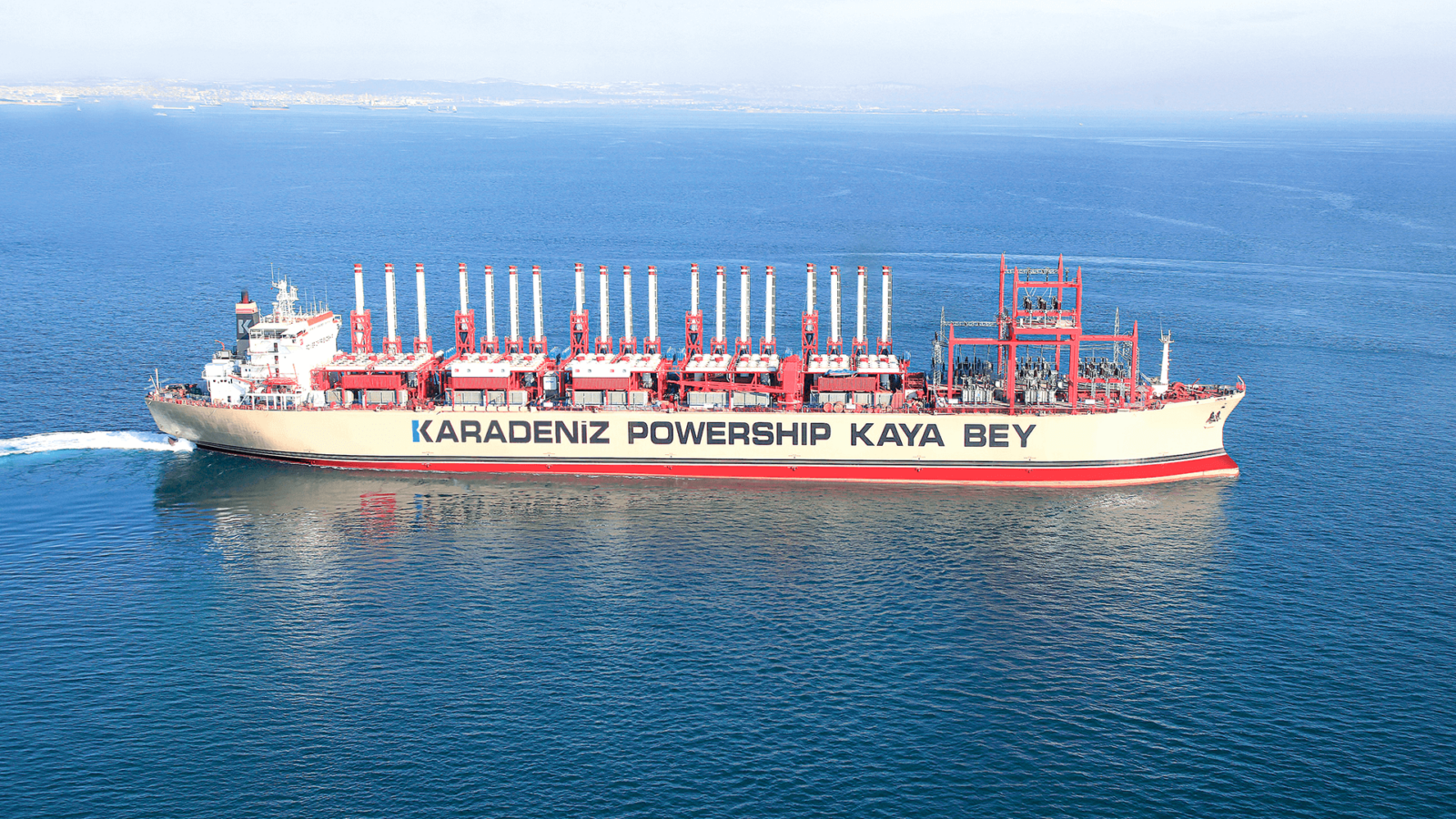
Ankara is intensifying its push to secure overseas energy resources, seeking not only to reduce its dependence on imports but also to expand its influence in global energy politics.
In recent months, state-run energy firms under the Energy and Natural Resources Ministry have signed agreements spanning multiple continents, including Africa, Central Asia, and the Americas.
These deals cover a wide range of assets: oil, natural gas, liquefied natural gas (LNG), and strategic minerals like uranium and gold.
The strategic rationale is clear. Türkiye remains relatively energy-poor compared to its neighbors in the Middle East and Central Asia.
This structural vulnerability has become more pronounced amid growing global supply disruptions, prompting Ankara to adopt a more proactive approach as its trade deficit mostly comes from energy imports.
The goal is no longer just to secure supply contracts but to become directly involved in exploration, extraction, and the logistics that govern global energy flows.

Beyond resource acquisition, Ankara is increasingly focused on embedding itself within the global energy supply chain. This includes investments in infrastructure such as ports, pipelines, storage facilities and maritime transport.
Turkish officials have publicly signaled that the country’s long-term resilience hinges not just on access to raw materials but on a degree of control over how those materials move through global markets.
The thinking is strategic. If Türkiye can position itself as a logistics hub or a service provider in upstream and midstream energy operations, it can gain influence that extends beyond its domestic energy needs, as its geopolitical location supports the aim.
This also aligns with broader geopolitical aims: increased autonomy in foreign policy, reduced exposure to Western pressure, and a stronger hand in regional negotiations.

Türkiye’s overseas energy engagement now spans an increasingly broad geography—from maritime projects in the Black Sea and Eastern Mediterranean to political-energy alignments across the Middle East and Africa.
Over the past two years, Ankara has struck deals with actors in Syria, Iraq, Azerbaijan, Libya, Egypt and Somalia, as well as undertaken exploration and production activities along its Black Sea and Mediterranean coasts and within its mainland.
Most recently, the Turkish government issued a decree to terminate its 52-year-old oil pipeline agreement with Iraq, signaling its intent to renegotiate what officials describe as a more “balanced” arrangement.
In the same week, Türkiye announced a trilateral arrangement with Azerbaijan and Qatar under which it will deliver up to 6 million cubic meters of Azerbaijani gas daily to Aleppo via its Kilis province.
The project, part of a broader swap deal, is expected to generate up to 1,200 megawatts of electricity and help stabilize Syria’s fragmented power grid.
In July, Ankara also hosted representatives from both rival Libyan factions, aiming to deepen its political and energy cooperation with and within the country, while the efforts for exploring gas off Libya are already underway.
Earlier, in Egypt, Turkish state-owned pipeline operator BOTAS launched its first-ever international commercial operation through a Floating Storage and Regasification Unit (FSRU) stationed at an Egyptian port.
The project, which began operations in May, not only reflects improving ties between Ankara and Cairo but also provides Türkiye with a logistical foothold in the Eastern Mediterranean energy corridor.
Meanwhile, Türkiye has secured significant upstream access in Somalia, where it signed a deal granting it rights to 90% of future oil and gas production.
The agreement builds on Türkiye’s existing military and infrastructure footprint in the country and marks a strategic expansion of its influence in the Horn of Africa.
Türkiye’s overseas energy ambitions place it in direct competition with established global players, particularly China.
Beijing has spent decades building energy and infrastructure partnerships in Africa, Southeast Asia, and Latin America, often bundling energy investments with large-scale infrastructure loans under its Belt and Road Initiative.
While Türkiye lacks China’s financial scale, it sees opportunity in political and cultural alignment. Ankara is targeting countries where it has existing diplomatic, defense, or religious ties, especially in the Global South.
In these areas, Türkiye positions itself as a partner without colonial baggage, offering a blend of technical expertise, shared political narratives, and what it describes as a more equitable partnership model.

A central element of Ankara’s pitch is its recent success with the Sakarya Gas Field in the Black Sea. Discovered in 2020 and brought online in record time, the project is being showcased as a sign of Türkiye’s growing technical competence in offshore energy development.
The government has invested heavily in a fleet of advanced seismic and drilling vessels such as the Fatih, Yavuz and Kanuni, which now underpin both domestic exploration and international offers of cooperation.
This technical capability is key to Türkiye’s broader energy diplomacy. Countries seeking to develop offshore or deep-sea reserves, particularly those without in-house capacity, are being offered Turkish expertise as an alternative to traditional Western or Chinese service providers.
Ankara’s evolving energy policy is closely tied to its broader foreign policy strategy. Energy deals increasingly complement defense exports, trade pacts, and diplomatic outreach.
In this sense, Türkiye’s energy diplomacy is not just about fueling the domestic economy but rather a part of a larger effort to reshape its regional role and global posture.
These moves also reflect a shift in Turkish strategic thinking: from being a transit country for others’ energy to becoming an active producer, investor, and facilitator.
While challenges remain, particularly in financing, long-term project execution, and political stability, Türkiye appears committed to embedding energy at the core of its 21st-century goals in its coordinated efforts.